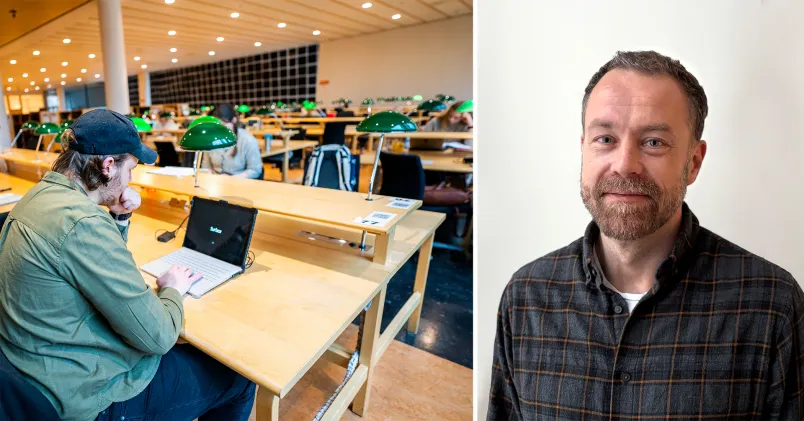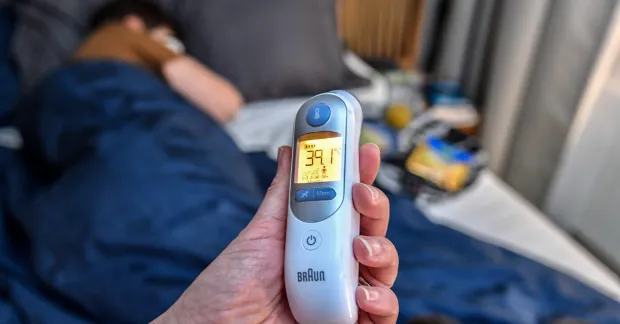
Det är en tydlig trend att bakgrundskontrollerna vid anställningar blir fler, visar en ny undersökning från Stockholms Handelskammare. Men fortfarande är det de traditionella kollarna som dominerar.
Så gott som alla arbetsgivare tar referenser (97 procent), de flesta kollar tidigare anställningar (85 procent) liksom utbildningshistorik (66 procent). Men på fjärde och femte plats i rankingen över de flitigast begagnade kontrollmetoderna hittar man nu sökningar på internet, exempelvis via Google, respektive sociala medier, det vill säga bloggar, Twitter, LinkedIn eller Facebook.
Båda dessa sistnämnda metoder har ökat stadigt i omfattning under de år som undersökningen genomförts. Sammanlagt 58 procent av företagen använder sig av sökningar i sociala medier som en del i bakgrundskontrollen, regelbundet eller bara ibland, och det ger utslag när de rekryterar. Var fjärde svarande uppger att de någon gång sorterat bort en kandidat på grund av information de hittat på Internet.
Ett skäl som anges är till exempel att ”Personen hade skrivit rasistiska inlägg på Facebook och var medlem i ett främlingsfientligt nätverk”.
Att användet av internet och sociala medier blivit vanligt vid rekryteringar kunde Johannes Sundlo från Spotify, som deltog vid seminariet när undersökningen presenterades, intyga. På Spotify händer det att man kollar upp jobbsökande på Internet i förväg, även om det inte sker konsekvent.
- Men man kan lugnt räkna med att de googlar mig också. En gång träffade jag en kandidat till ett jobb som inom några få minuter lyckades nämna mina tre största fritidsintressen.
I undersökningen berättas också om vilka bakgrundskontroller som arbetsgivarna inte gör i dag, men skulle vilja göra. I topp på den listan hamnar alkohol- och drogtester, och frånvaro via Försäkringskassan. Fyra av tio är dock nöjda med dagens kontroller.
En anledning kan vara att de faktiskt upptäcker en hel del konstigheter vid rekryteringar. Sex av tio företag har varit med om att kandidater förvanskat uppgifter om sig själva. Det vanligaste är att de jobbsökande har överdrivit sina tidigare erfarenheter.
Om undersökningen
Undersökningen riktades till HR- och personalchefer samt rekryterare hos rekryteringsföretag.
Totalt besvarades den av 524 personer av 3 722 tillfrågade, en svarfrekvens på 14 procent.









